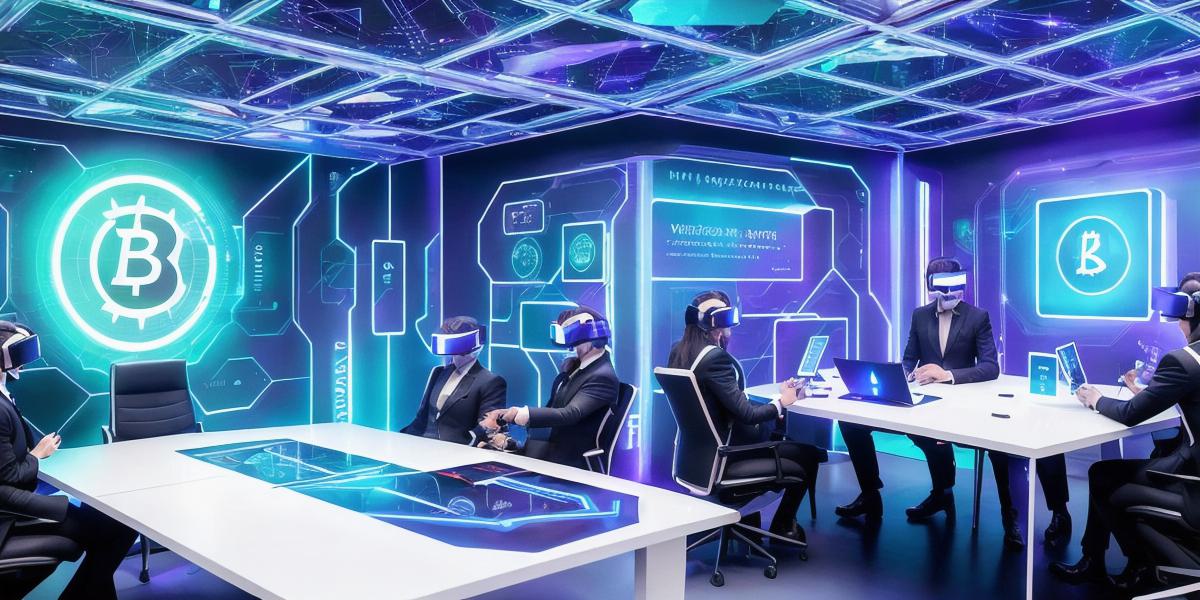Metaverse, a collective virtual shared space, created by the convergence of virtually enhanced physical reality and physically persistent virtual reality, is gaining significant traction in today’s digitally advanced world. As more businesses and individuals explore this new frontier, it’s essential to understand who the key players are in the ownership of the metaverse.
- Facebook (Meta Platforms Inc.)
Facebook, now Meta Platforms Inc., has made a significant stride into the metaverse through its rebranding effort. With over 3 billion monthly active users across its family of apps, Facebook holds a massive potential user base for its metaverse vision. Mark Zuckerberg, CEO, announced during the company’s Connect conference that they are "investing billions of dollars and hundreds of thousands of people to build virtual experiences."
- Microsoft
Microsoft’s entry into the metaverse ownership landscape comes through its Mesh platform, which is a part of its Teams collaboration toolkit. Microsoft Mesh allows users to interact with one another as digital avatars, making it an excellent starting point for businesses looking to explore the virtual world. Microsoft aims to integrate this technology into their existing products and services, providing a seamless experience for their users.
- Epic Games
Epic Games, the creator of Fortnite, is another prominent player in the metaverse scene. With its Unreal Engine platform, Epic Games offers a powerful toolset to create virtual environments. Furthermore, Fortnite has proven to be an incredibly successful virtual space where players interact, making it a valuable asset for exploring the future of the metaverse.
- Roblox
Roblox, the popular gaming platform with over 200 million active users, provides a creative sandbox where users can build and explore their virtual worlds. Roblox generates revenue by selling virtual goods and experiences to its users. With such an extensive user base and proven business model, Roblox is undoubtedly one of the most influential key players in the metaverse landscape.
- Sony

Sony’s entry into the metaverse comes through its PlayStation brand. With its vast library of games, Sony has been a leader in virtual experiences for decades. In addition, Sony’s acquisition of Bungie Studios, creators of Destiny 2, shows their commitment to the metaverse as they expand their horizons beyond traditional gaming.
Google’s presence in the metaverse comes through Google Lens and its ARCore platform. While these technologies do not directly compete with Facebook or Microsoft in terms of virtual worlds, they provide a crucial component by enabling augmented reality experiences that can enhance virtual environments.

In conclusion, the key players in the ownership of the metaverse are Facebook (Meta Platforms Inc.), Microsoft, Epic Games, Roblox, Sony, and Google. These companies hold significant influence due to their vast resources, user bases, or technological capabilities. As the metaverse evolves, these companies will continue shaping the future of virtual worlds and the experiences they offer to their users.
